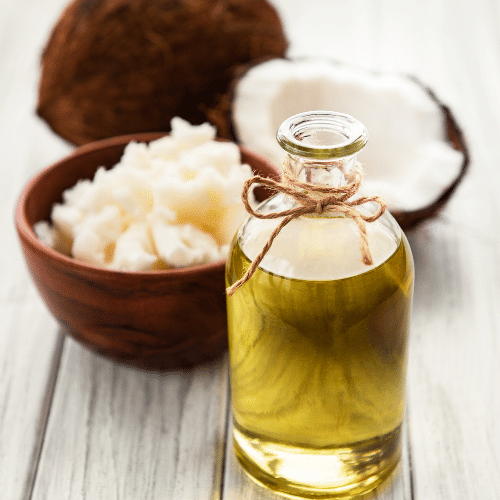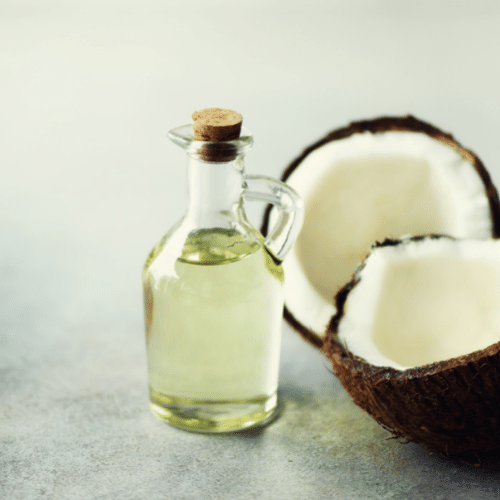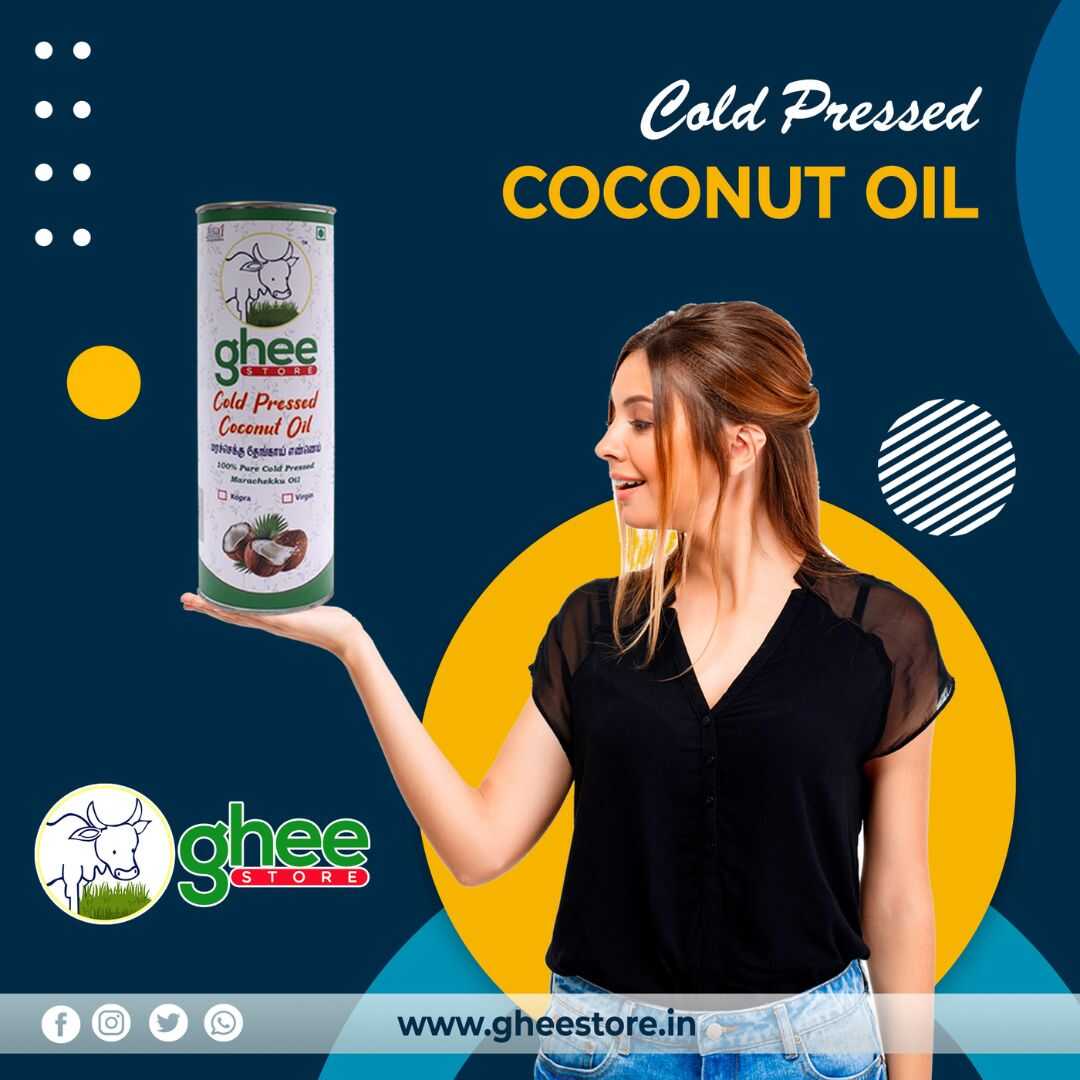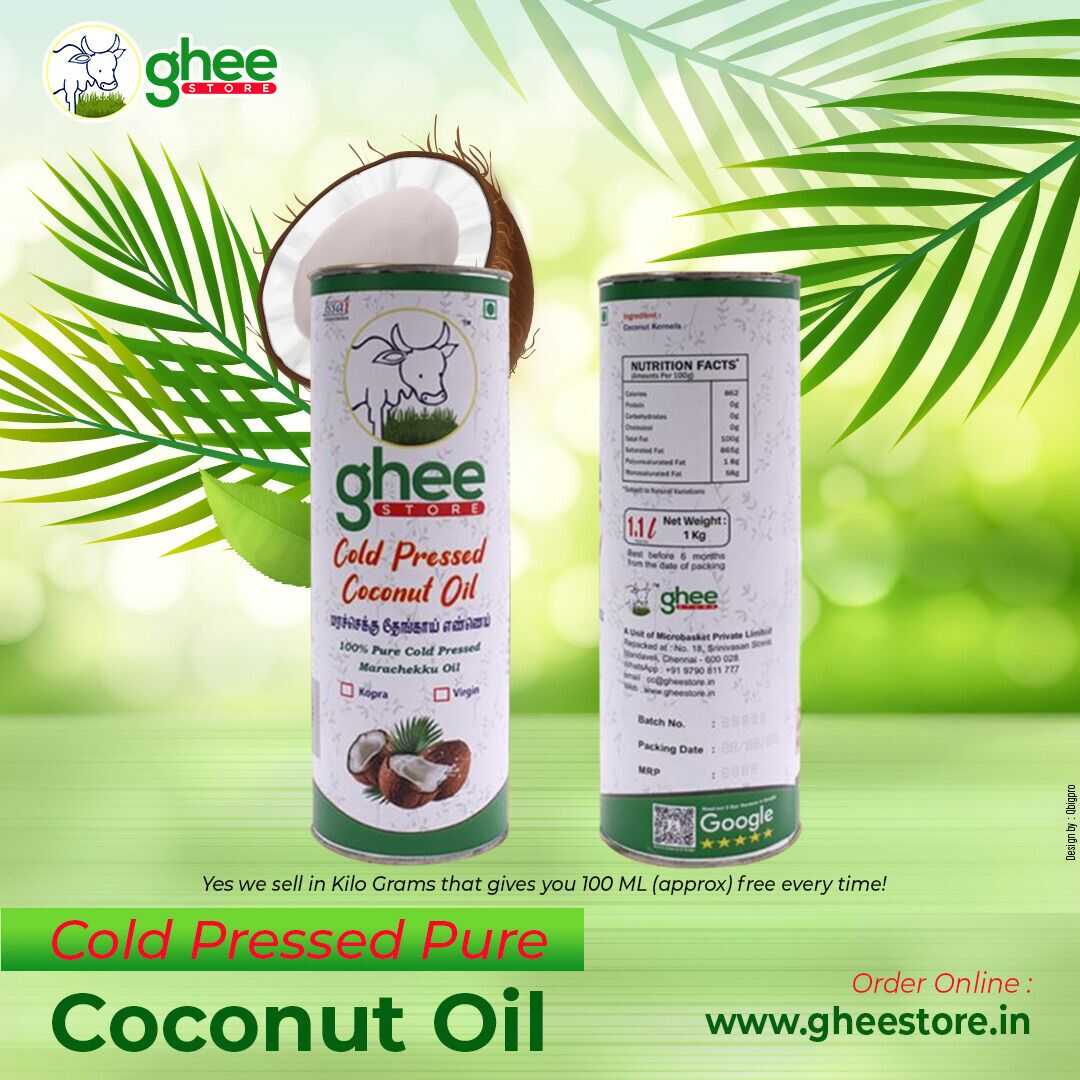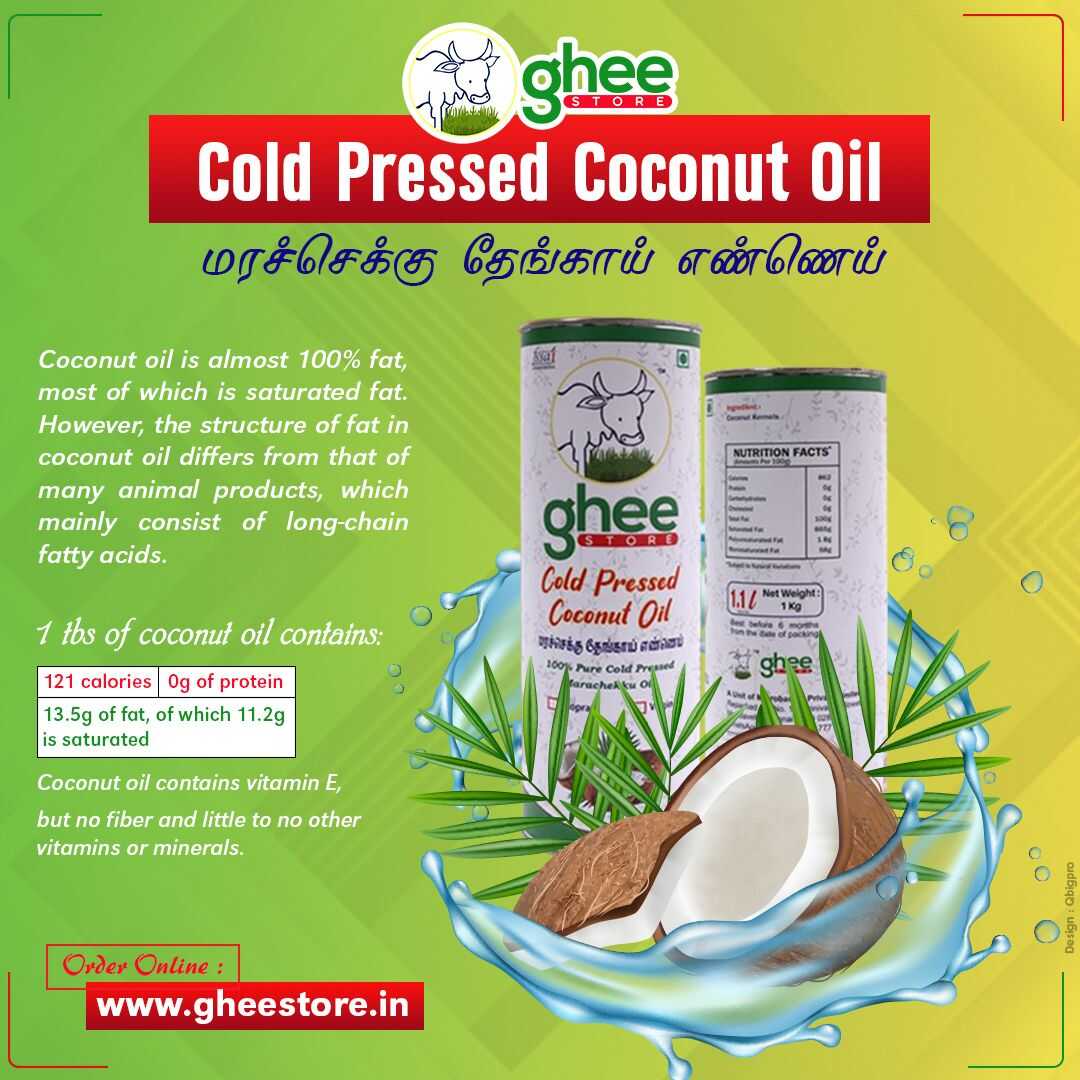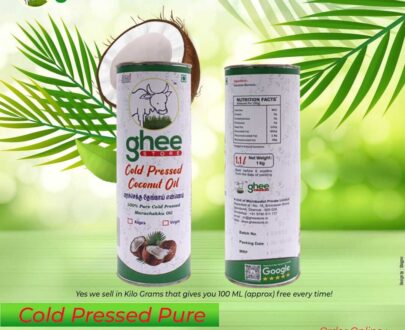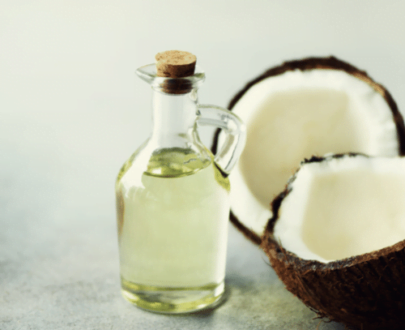- You have no items in your shopping cart
- Subtotal: ₹0.00
Cold Pressed Chekku Coconut oil – 100% Pure
Cold Pressed Pure Coconut oil is known for its pleasant fragrance and taste, antioxidants, medium chain fatty acids (MCFA), and beneficial vitamins. Coconut oil is a widely known and used substance. Pure Coconut Oil is often used as edible oil as well as for external and industrial applications. Everyone should be well aware of the source, uses, and benefits of pure coconut oil, since it can be so beneficial to human health. Let’s just summarize some of the important information through some questions and answers to make sure that everyone is on the same page about this wonderful oil.
Coconut Oil : Myths & Facts
Coconut oil: A war of facts against a negative campaign based on myth and half truths
Myth-1: “Coconut Oil is bad for you as it raise blood cholesterol and cause heart disease.”
Fact:
• The only “proof” for the above ‘conclusion’ is one four-decades old study using hydrogenated Coconut oil.
• It is now known that the process of hydrogenation creates “trans fatty acids” (TFAs), which are toxic entities that enter cell membranes, block utilization of essential fatty acids (EFAs) and impede cell functionality. TFAs also cause a rise in blood cholesterol. These substances are not present in natural coconut oil.
• In other words, a study based on hydrogenated coconut oil has no relevance to the non-hydrogenated coconut milk or coconut oil that you eat.
• Widespread studies of coconut-consuming show that “dietary coconut oil does not lead to high serum cholesterol or to high coronary heart disease mortality or morbidity.”(Kaunitz H, Dayrit CS, 1981.) Other studies show no change in serum cholesterol level from coconut oil. (Kurup, PA, Rajmohan, T. II, 1995.) And if it is true that the herpes virus and cytomegalovirus have a causative role in the initial formation of atherosclerotic plaques (New York Times, Medical Science, Tuesday, January 29, 1991.), coconut oil may be beneficial in preventing heart disease.
Myth-2: “Coconut oil is a saturated fat and saturated fats are bad for you”
Fact:
• Dietary guidelines inevitably fail to distinguish between different kinds of saturated fats and insist that saturated fats (meaning all saturated fats) are harmful.
• This is not just misleading. It is bad science. Leading scientists now recognize that just as there is good cholesterol, there are also good saturated fats. • Fats are classified as short-, medium- or long-chain based on the number of carbon molecules they contain. Nearly two-thirds of the saturated fat in coconut oil consists of medium-chain fatty acids.
• When we eat long-chain fatty acids, they must be emulsified by bile salts in the small intestine before they can be absorbed into our body. Short- and medium-chain fatty acids, such as those in coconut milk, are absorbed directly through the portal vein to the liver, where they are immediately available to the body.
• In other words, most of the saturated fat in coconut oil is easily digestible and converted into quick energy. And these types of fatty acids are less likely to cause obesity because they are immediately used by the body and have no opportunity to be stored.
Myth-3: “Anti-Coconut oil campaigns are based on concern over human health”
Fact:
• It is not the concern over health but ECONOMICS.
• The Anti-Coconut oil campaigns are propagated by those economically motivated organizations which have stake in vegetable oil industry, and are aided by the United States Food and Drug Administration (FDA).
• Their constant negative publicity campaigns, based on erroneous information, totally discredited coconut oil and caused its nearly complete elimination from the American diet.
• Even after finally admitting the harmful effects of trans fatty acids (TFA), they continue to disparage coconut oil and take no effective action to limit TFAs, which already have been banned in some European countries. TFA dangers have been known for decades and continue to cause disease. But the current FDA Consumer’s Guide to Fats was last updated in 1999 and consistently warns against (all) saturated fats, while failing to mention any harmful effects of trans fatty acids.
| Weight | 1000 g |
|---|



